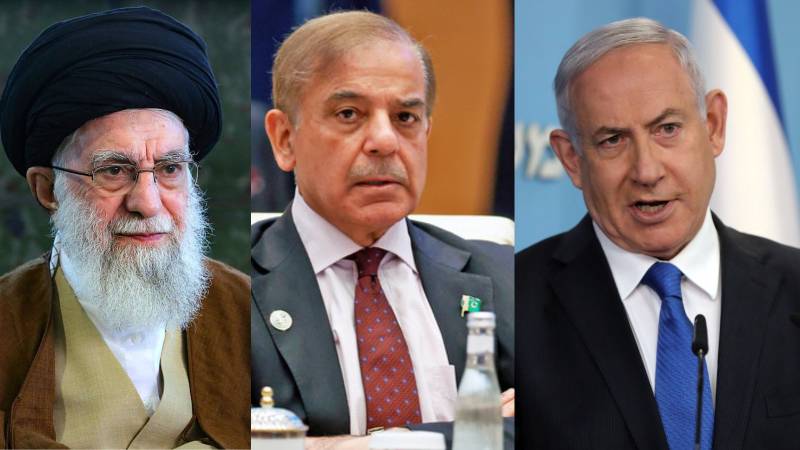The Israel-Iran conflict has sparked fears of new dangers for Pakistan. These include rising security threats and deeper economic troubles. The country is already dealing with militancy, separatism, and a fragile economy.
As tensions grow in the Middle East, the Tehran-Israel war could have a major impact on Pakistan. Iran shares a 909-kilometer border with Balochistan. This area in southwest Pakistan is already unstable.
This week, Pakistan shut down several border crossings with Iran. However, the Taftan and Gabd-Rimdan points remain open. These are being used by Pakistani nationals returning home. On Wednesday, hundreds of Pakistanis based in Iran arrived at Taftan to re-enter the country.
At the same time, Army Chief Field Marshal Asim Munir visited Washington. He met with US President Donald Trump. Their meeting is being seen as important due to the ongoing regional crisis.
Pakistan’s ties with Iran have long been complicated. Iran is majority Shia, while Pakistan is mostly Sunni. The shared border often sees attacks from Baloch separatists. These groups are demanding independence from Pakistan.
The Balochistan Liberation Army (BLA) blames the federal government for exploiting the province’s resources. For years, the BLA has targeted Pakistani forces, officials, and even Chinese workers in the region.
Analyst Raza Rumi called the Israel-Iran conflict a turning point for Pakistan. He told international media that the fallout from the war won’t stay far from Islamabad. “Pakistan has close ties with Gulf states and a sensitive relationship with Iran,” he said. “It must stay neutral while guarding its national interests.”
On the sixth day of the war, the Israeli army claimed attacks on Tehran. This move raised fears of a full-scale military confrontation.
If Iran’s regime collapses, it could lead to serious problems for Pakistan. Baloch separatist activity may rise, affecting Pakistan’s border control and internal security. The country’s security forces are already stretched thin.
Security expert Ghaffar Hussain pointed out the sensitive issue of the Baloch region. He said a fall in Tehran could trigger autonomy demands in Iran’s Baloch area. This would encourage similar calls in Pakistani Balochistan. Iran and Pakistan have had tensions over this in the past.
Rumi added that Pakistan must improve border monitoring. It must also handle the situation with care, keeping diplomatic ties with Iran in mind.
Assistant Professor Muhammad Shoaib from Quaid-i-Azam University warned that any shift in the current setup will be risky. A weak government in Tehran could make things worse for Pakistan, especially in its western regions.
Apart from security, the Iran-Israel escalation has raised worries about the economy. One key concern is the Strait of Hormuz. This narrow sea route connects the Persian Gulf with the Arabian Sea. It is vital for global oil transport.
If the conflict spreads, oil supplies might get blocked. This would push global oil prices higher. According to Rumi, Pakistan would suffer like other nations. Higher fuel costs could hit power generation, transport, and farming. Pakistan is already battling inflation, energy shortages, and a falling currency.
Hussain said it’s unclear if Iran can block the Strait. But if it tries, it could drag Gulf countries into the Middle East tensions.
Shoaib also noted the risk for Balochistan. Many locals depend on informal trade with Iran. Conflict may disrupt this cross-border business.
In short, the Israel-Iran conflict could become a serious threat to Pakistan. From rising separatism in Balochistan to sky-high oil prices, the fallout could shake both security and the economy.

